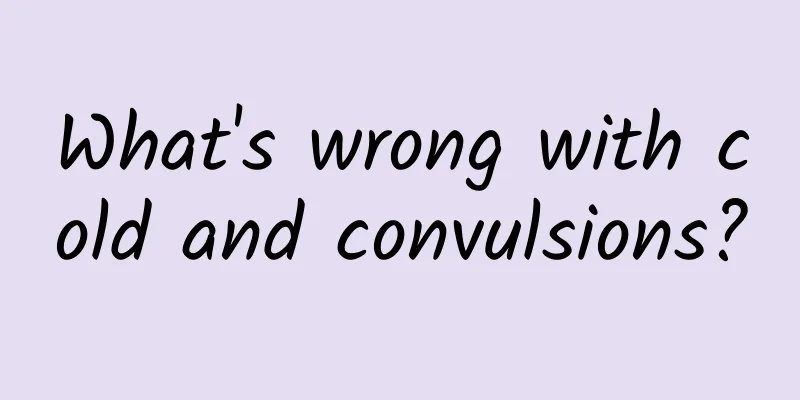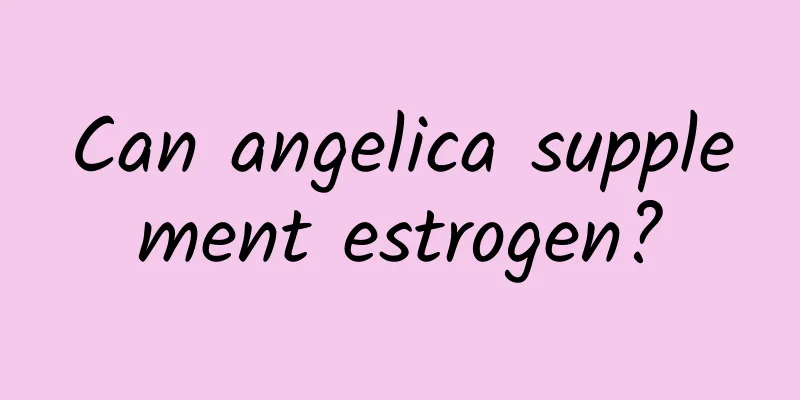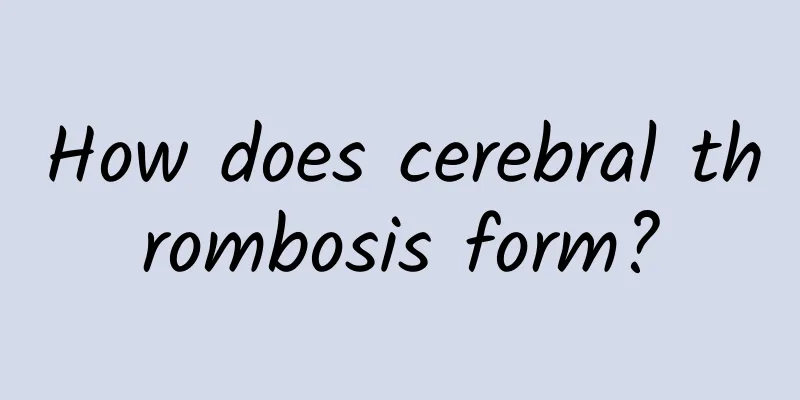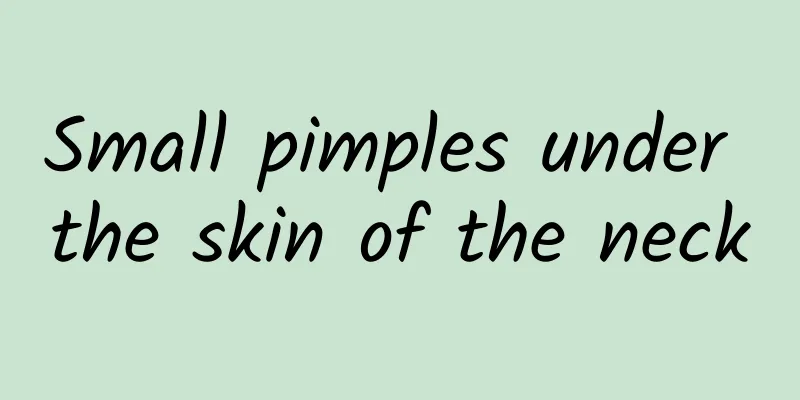What's wrong with cold and convulsions?

|
The symptom of whole body chills and convulsions is relatively serious. There are many reasons for this phenomenon. For example, a cold can cause high temperature convulsions, which is especially harmful to infants and young children. There are also some non-infectious symptoms of convulsions, such as some intracranial diseases, brain trauma, neonatal asphyxia, and intracranial hemorrhage, etc., which may cause such symptoms. What's wrong with cold and convulsions? (1) Infectious convulsions (febrile convulsions) 1. Intracranial diseases and viral infections such as viral encephalitis and Japanese encephalitis. Bacterial infections such as purulent meningitis, tuberculous meningitis, brain abscess, and venous sinus thrombosis. Fungal infections such as cryptococcal meningitis. Parasitic infections such as cerebral cysticercosis, cerebral malaria, cerebral schistosomiasis, cerebral paragonimiasis, and toxoplasmosis. (ii) Non-infectious convulsions (afebrile convulsions) 1. Intracranial diseases and craniocerebral injuries such as birth injuries, brain trauma, neonatal asphyxia, and intracranial hemorrhage. Abnormal brain development such as congenital hydrocephalus, cerebrovascular malformations, macrocephaly (microcephaly), cerebral palsy and neurocutaneous syndrome. Intracranial space-occupying diseases such as brain tumors and brain cysts. Epileptic syndromes such as grand mal seizures and infantile spasms. Brain degenerative diseases such as demyelinating encephalopathy and macular degeneration. 2. Extracranial diseases Metabolic diseases such as hypocalcemia, hypoglycemia, hypomagnesemia, hyponatremia, hypernatremia, vitamin B1 or B6 deficiency, etc. Genetic metabolic diseases such as glycogen storage disease, galactosemia, phenylketonuria, hepatolenticular degeneration, and mucopolysaccharidosis. Systemic diseases such as hypertensive encephalopathy, uremia, heart rhythm disorders, severe anemia, food, drug or pesticide poisoning, etc. Infantile convulsions, commonly known as seizures, are one of the most common emergencies in children. The main symptoms are uncontrollable contraction of whole body or local muscles, and there may be impaired consciousness. There are many causes of seizures in children. The more common ones are infections caused by bacteria and viruses, such as influenza, pneumonia, whooping cough, typhoid fever, dysentery, etc. In addition to causing poisoning and convulsions in children, these diseases can also cause convulsions due to high fever, which is called febrile convulsions. This type of convulsion often occurs during a fever and lasts for a short time. The person wakes up when the convulsion stops, and it is rare for more than two convulsions to occur during one fever. The convulsions will stop when the fever subsides. But it can recur, and convulsions may occur when a fever occurs. This type of convulsion often occurs in children under six years old. In addition, intracranial infections such as encephalitis, meningitis, brain abscess, brain parasitic diseases, etc., in addition to fever can cause convulsions, because their lesions occur in the brain, the relevant parts of the brain are stimulated and can also cause convulsions. There are some diseases that do not cause fever. Tetanus, epilepsy, brain trauma, brain tumor, hypocalcemia, hypoglycemia, rickets caused by vitamin D deficiency, etc. can also cause convulsions. Febrile convulsions are a common medical condition. About 3% of infants and young children aged 6 months to 6 years will experience convulsions when they have a fever or high body temperature. |
<<: What to do when you feel numb all over when sleeping
>>: What is whole body shaking?
Recommend
Can I eat duck eggs if I have a cold?
Duck eggs contain more protein, cholesterol and o...
Symptoms of stones
In fact, many people are now troubled by stones i...
Preexcitation syndrome surgery, understand the condition before surgery
Cardiac preexcitation syndrome is an extra channe...
Why do I always have headaches?
There are many causes of headaches, including col...
What to do if the neck has red spots like a kiss mark
There are many reasons for causing erythema on th...
Alcohol allergy usually takes a few days to heal
In fact, many people are allergic to alcohol in l...
Why does my head hurt from time to time?
Sometimes the head will have a headache, which is...
How to treat forgetfulness quickly?
Some middle-aged people, who are at an age full o...
Is medical stone coating toxic?
Speaking of medical stone, perhaps what everyone ...
The glans is too sensitive. What medicine should I take?
Male premature ejaculation is a relatively seriou...
Reasons for not giving birth at 40 weeks of pregnancy
The entire pregnancy period of a woman is about f...
What to do if you have a stuffy nose and blocked ears due to a cold
When you have a cold, it often causes nasal conge...
How to get rid of blisters on hands caused by hand, foot and mouth disease
Hand, foot and mouth disease is an acute infectio...
How to avoid scars on face wounds
If there is a wound on the face, the most worryin...
The dangers of heat stroke
Heat stroke refers to the dysfunction of the huma...









